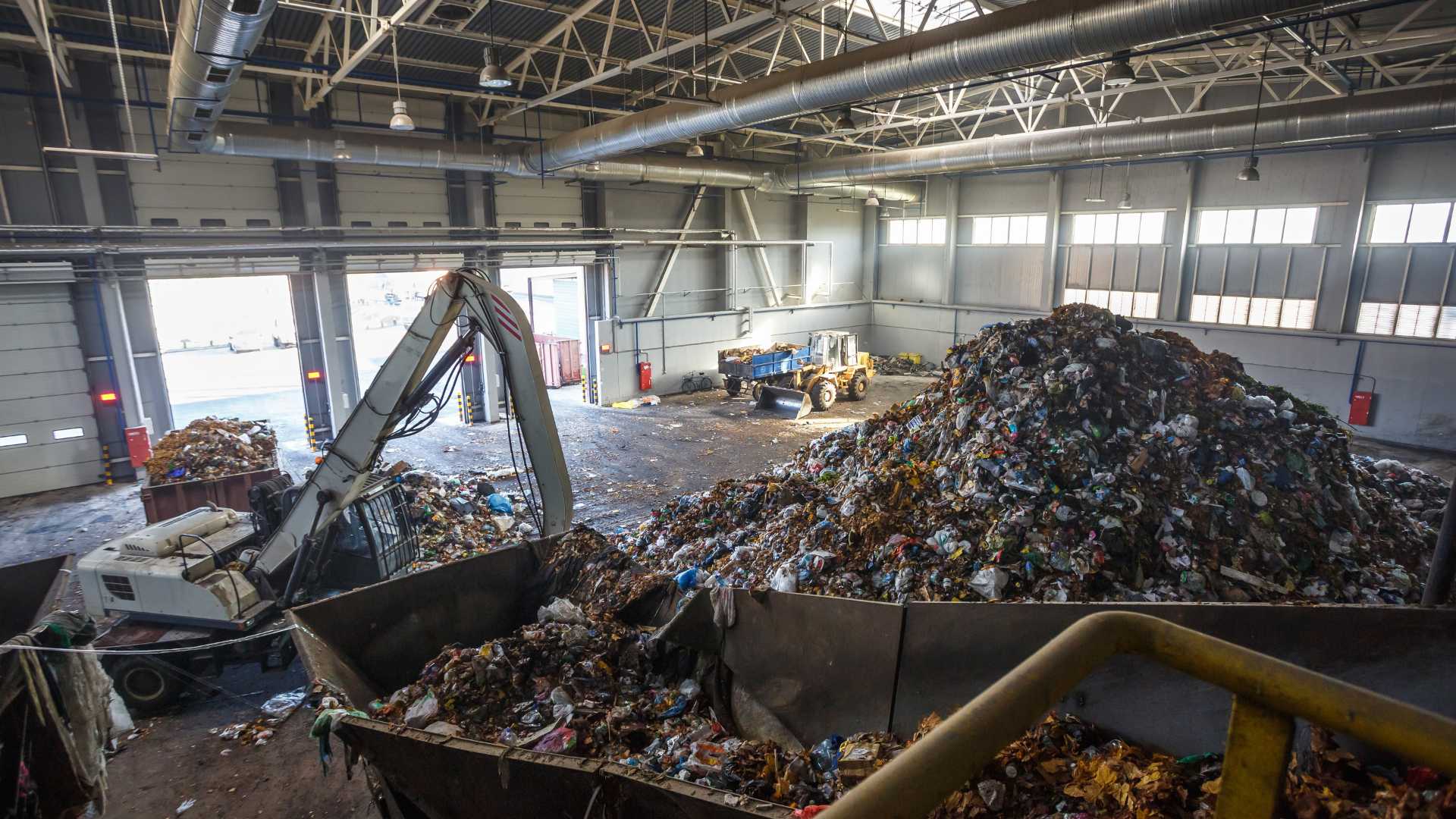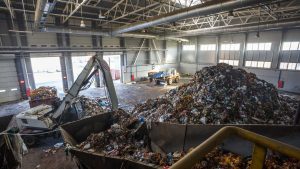![]()
E-waste Export Audits: DGFT’s Oversight and Accountability Measures in India
Electronic waste or e-waste has become a global concern due to its environmental and health hazards. In India, the Directorate General of Foreign Trade or DGFT plays a crucial role in regulating e-waste exports, ensuring compliance with international guidelines, and mitigating the adverse effects of improper disposal. This blog explores the E-waste Export Audits: DGFT Oversight in India.
1. Regulatory Framework
India recognises the importance of responsible e-waste management and has established a comprehensive regulatory framework to govern its exports. The Hazardous & Other Wastes (Management and Transboundary Movement) (HOWM) Rules, 2016, issued under the Environment (Protection) Act (EPA), 1986, outline the legal framework for e-waste management in India. The DGFT, operating under the Ministry of Commerce and Industry, oversees the implementation of these rules concerning E-waste Export Audits: DGFT Oversight in India.
2. Oversight Mechanisms
License Requirement:
DGFT mandates that any entity involved in the export of e-waste must obtain an e-waste export license. This license serves as a primary control mechanism, allowing DGFT to monitor and regulate the export activities of e-waste generators, recyclers, and exporters.
Authorised Ports and Customs Points:
To streamline the monitoring process, DGFT designates specific ports and customs points where e-waste exports are allowed. By limiting the points of exit, DGFT can concentrate its oversight efforts, ensuring that each shipment undergoes thorough scrutiny.
Pre-Shipment Inspection:
DGFT has instituted a pre-shipment inspection process to verify the content and quality of e-waste before it leaves the country. Inspection agencies approved by DGFT conduct these assessments to ensure that the exported e-waste adheres to the specified standards and is suitable for recycling.
Documentation Requirements:
Strict documentation requirements are imposed on e-waste exporters, encompassing details such as the type and quantity of e-waste, recycling methods to be employed, and destination details. DGFT scrutinises these documents to ascertain compliance with both national and international regulations.
3. Accountability Measures
Penalties for Non-Compliance:
DGFT has the authority to impose penalties on entities found in violation of e-waste export regulations. These penalties may include fines, suspension of export licenses, or other punitive measures. The deterrent effect of these penalties encourages compliance among stakeholders.
Regular Audits and Inspections:
DGFT conducts regular audits and inspections of e-waste exporting entities to ensure ongoing adherence to regulatory standards. These audits serve as a proactive measure, identifying and rectifying potential issues before they escalate into serious violations.
Collaboration with Customs Authorities:
DGFT collaborates closely with customs authorities to enhance the efficiency of e-waste export oversight. By sharing information and coordinating efforts, these agencies can prevent the illicit export of e-waste and address potential loopholes in the system.
Stakeholder Engagement:
DGFT actively engages with stakeholders, including e-waste generators, recyclers, and exporters, to disseminate information about regulatory requirements and best practices. This collaborative approach fosters a culture of compliance within the industry.
Conclusion: E-waste Export Audits: DGFT Oversight in India
In conclusion, DGFT plays a pivotal role in overseeing and ensuring compliance with e-waste export regulations in India. Through a combination of licensing, pre-shipment inspections, documentation requirements, and accountability measures, DGFT aims to create a robust framework that mitigates the environmental impact of e-waste and fosters responsible management practices. Continuous efforts to strengthen oversight mechanisms and collaboration with relevant authorities are essential to address the evolving challenges in the e-waste export landscape.





